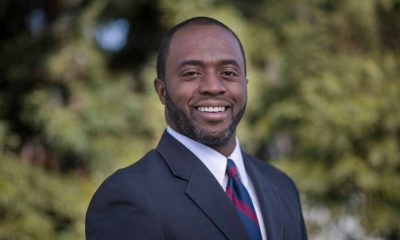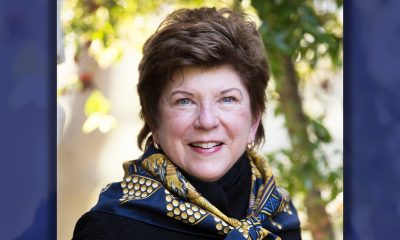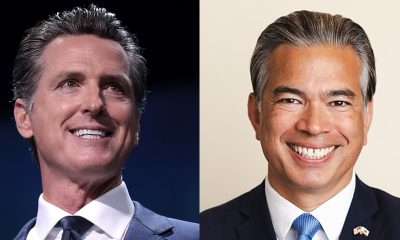Activism
COMMENTARY: Apology for Japanese American Internment Prompts Equal Response to Injustices Against Black Californians
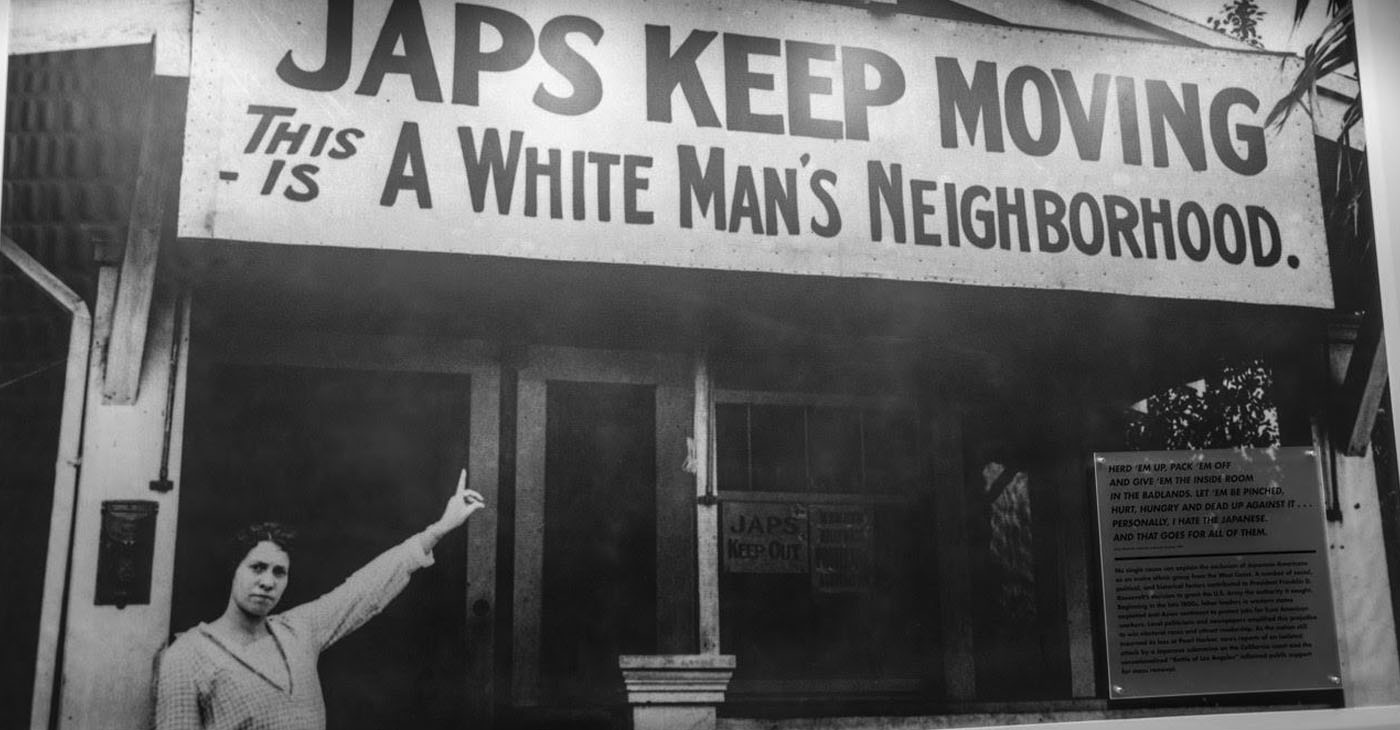
By Joe W. Bowers Jr. | California Black Media
In August, the California Attorney General’s Office publicly apologized for its role in the unjust incarceration of Japanese Americans during World War II. This belated acknowledgement highlights America’s capacity for prejudice.
Attorney General Rob Bonta’s apology, issued on the 35th anniversary of the Civil Liberties Act of 1988, recognized that his office had used legal tools to deprive a generation of Japanese Californians of their liberty and financial security.
The Civil Liberties Act of 1988, signed by President Ronald Reagan, not only authorized compensation for wrongfully interned Japanese Americans but also included a formal presidential apology and established a public education fund to prevent similar injustices.
Retired Assemblymember Mariko Yamada, who represented the 4th District and whose family experienced internment, praised Bonta’s action, stating, “I applaud Rob Bonta for acknowledging the past complicity of the Office of CA Attorney General in the wartime Japanese American incarceration and its associated land grabs. It’s never too late to correct an injustice — words matter, and courageous actions mean even more.”
Bonta acknowledged that more work is needed to address the legacy of Japanese American internment and stressed the importance of treating all Californians equally.
In his apology, he referred to the nationwide surge in anti-Asian hate crimes and the ongoing struggle for racial justice, invoking the Rev. Martin Luther King Jr.’s words, “A time comes when silence is betrayal,” as a call against complacency.
The historical injustices faced by Japanese Americans and Black Californians, while by no means equal, share undeniable parallels. Both communities have endured systemic discrimination, economic marginalization, and the inescapable trauma of racial violence.
However, when asked about extending a similar apology to Black Californians for the enduring harms of slavery and its ongoing societal impacts, Bonta’s office did not directly respond.
Although Bonta’s apology is a noteworthy step forward, a critical question lingers: Why has a similar recognition and apology not been extended to Black Californians?
Yamada pointed out to California Black Media (CBM) that the Japanese American Citizens League (JACL) recognized the need for government recognition and reparations for the Black community in their Juneteenth 2023 statement.
JACL stated, “In fact this year, even as we remember 35 years ago the successful fight for redress for the Japanese American community, we recognize another 35 years passing without recognition from our government for the need to provide Black reparations.”
Don Tamaki, a Bay Area-based attorney with a history of working for reparations for Japanese Americans, was the only non-Black member of the nine-member California Reparations Task Force. He recognizes the long history of solidarity across the movements.
Tamaki suggests that the reason Japanese Americans have received an apology, while Black Californians have yet to be acknowledged, is rooted in the country’s deep-seated anti-Black bias and a long history of denying Black Americans’ humanity and experiences.
Tamaki’s personal connection to the internment issue offers valuable insights for advocating for a state apology. His parents were recipients of compensation and a formal apology from the federal government. He recalls the political awakening of Japanese Americans in the 1960s, influenced by the Civil Rights Movement and King’s televised demonstrations against racial injustice. Tamaki underscores that the Japanese American redress movement was aided by Black legislators and activists.
As we welcome steps toward accountability by the Attorney General’s office in the case of Japanese American internment, we also urge the state to apply similar principles of acknowledgment and justice across all communities.
Recently, Tamaki, along with the California Black Power Network, the Equal Justice Society, and five other members of the California Reparations Task Force, announced the formation of the Alliance for Reparations, Reconciliation, and Truth.
The Alliance aims to expand support for reparations for eligible Black Californians by diversifying its allies across different races and sectors. Their strategy involves educating the public and advocating for the Reparations Task Force’s recommendations. Alliance leaders have suggested a joint effort with the California Legislative Black Caucus (CLBC) to advance legislation.
Bradford, the CLBC vice chair, indicated that while the caucus hasn’t yet set legislative priorities for implementing the Task Force’s recommendations, an apology for the legacy of slavery could be a key proposal. He stated, “If you were to ask me, an apology has to be front and center.”
In 2008, the U.S. House of Representatives passed a non-binding resolution, apologizing to Black Americans for slavery and for subsequent legal segregation and discrimination. Despite this, neither Congress nor the White House has taken substantial action to redress these historical injustices.
Recognizing the ongoing and cumulative harms experienced by African Americans is an essential part California’s journey towards justice.
This California Black Media report was supported in whole or in part by funding provided by the State of California, administered by the California State Library.
Activism
Calif. Anti-Sex Trafficking Advocates Discuss Competing Bills, Strategies
Advocates from across California are challenging state officials and community leaders to support legislation that provides resources and services for survivors and victims of human trafficking, as well as assistance as they transition back into civil society. Some of those advocates are also calling for more effective state policy to curtail trafficking, a crime that has an outsized impact on Black children, particularly girls.
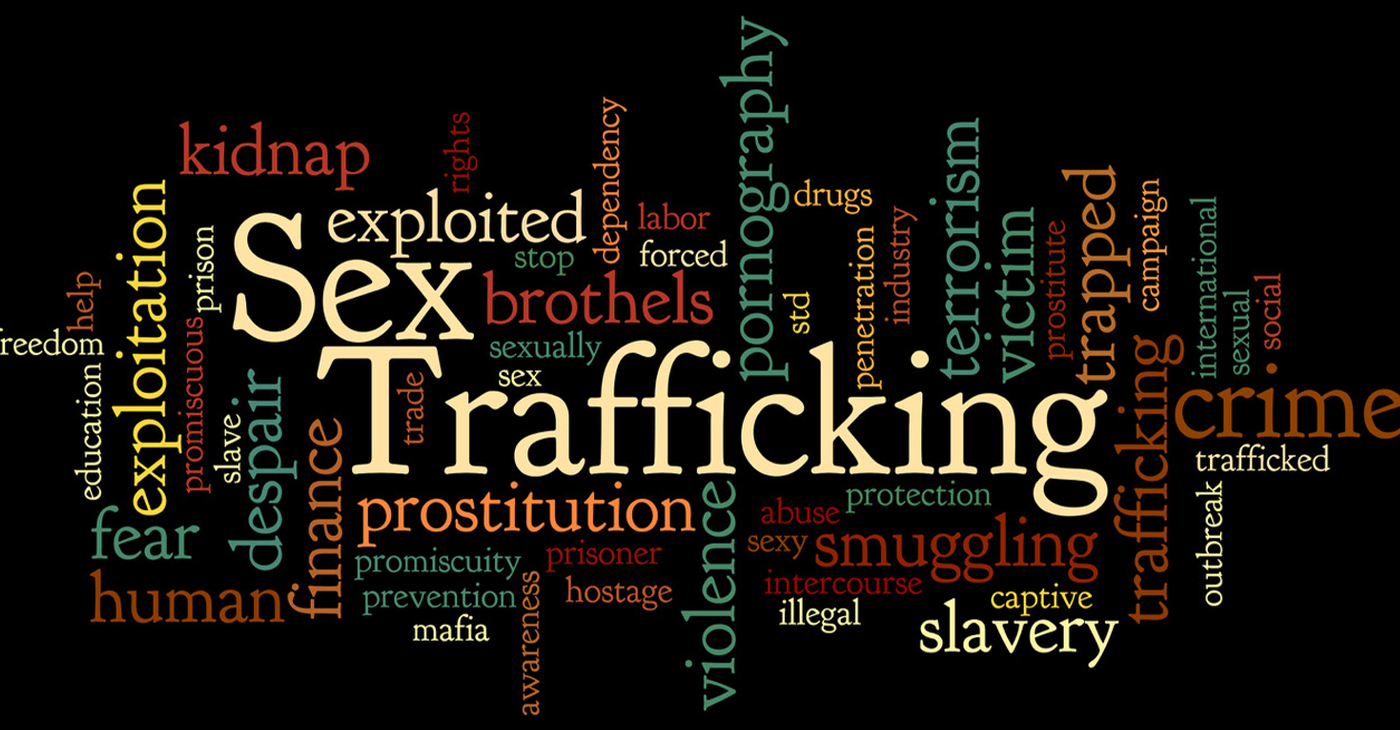
By Bo Tefu, California Black Media
Advocates from across California are challenging state officials and community leaders to support legislation that provides resources and services for survivors and victims of human trafficking, as well as assistance as they transition back into civil society.
Some of those advocates are also calling for more effective state policy to curtail trafficking, a crime that has an outsized impact on Black children, particularly girls.
According to the FBI, a report covering a two-year period found Black children accounted for 57% of all juvenile arrests for prostitution. In addition, 40% of sex trafficking victims were Black and 60% of those victims had been enrolled in the foster care system.
“It is time to hold the perpetrators who take advantage of our children accountable,” said the Rev. Shane Harris, a San Diego-based activist, former foster youth and founder of the Peoples Association of Justice Advocates, (PAJA), a national civil rights organization and policy think tank.
“It is time to send a thorough message that if you seek to buy a child for sex, you will pay the highest criminal penalties in this state,” added Harris who was speaking at a rally at the State Capitol earlier this month. Harris was speaking in support of Senate Bill 1414, authored by Sen. Shannon Grove (D-Bakersfield), which calls for people who buy sex from minors to be punished with a felony. The punishment includes a two-year prison sentence and a $25,000 fine.
Harris said the PAJA is the only civil rights organization in the state that supports SB 1414.
Harris urged other Black-led groups who favor anti-trafficking legislation more focused on criminal justice reforms (as opposed to stiffer penalties), to “join the movement.”
Many of those civil rights groups fear that SB 1414 could lead to the incarceration of more Black youth.
Those sentiments were echoed in a panel discussion organized by Black women advocates on April 26 to examine the cause and effects of human trafficking in California’s Black communities. The virtual event was hosted by the Forgotten Children, Inc, a faith-based nonprofit that advocates for survivors and victims of human trafficking through anti-trafficking campaigns and initiatives.
Panelists shared the psychological impact of sexual exploitation on youth and children in the long term.
Author and educator Dr. Stephany Powell shared statistics and information revealing that African American women and girls are the most trafficked nationwide.
Powell, who serves as the senior advisor on law enforcement and policy at the National Center on Sexual Exploitation said that national data indicates that sex trade survivors are disproportionately women of color. She stated that male survivors often go unnoticed because boys rarely report trafficked crimes.
Powell said that decriminalizing prostitution in California could increase human trafficking. She argued that Senate Bill 357, authored by Sen. Scott Wiener (D-San Francisco), which was signed into law in 2022 and legalized loitering for prostitution, caused a surge in street-level prostitution.
Panelist and psychologist Dr. Gloria Morrow shared opposing views on decriminalizing prostitution. She said that decriminalizing prostitution could help survivors gain access to state resources and support.
Despite opposing views, Powell and Morrow agree that the Black community needs resources and educational programs to address human trafficking.
Activism
Obituary: Social Justice Leader, the Rev. Cecil Williams, Passes at 94
On April 22, community leader and social justice advocate Reverend Cecil Williams died at his home in San Francisco surrounded by his loved ones, according to his family. He was 94 years old.
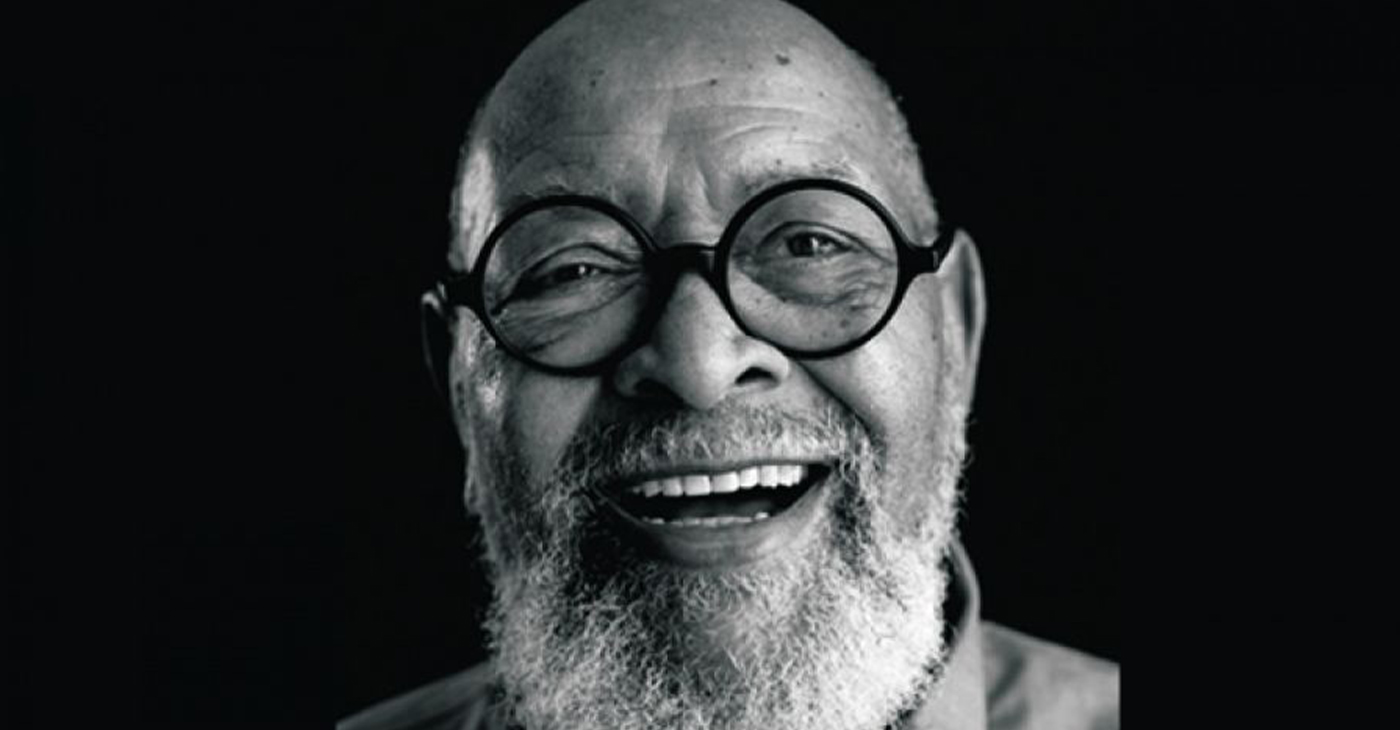
By California Black Media
On April 22, community leader and social justice advocate Reverend Cecil Williams died at his home in San Francisco surrounded by his loved ones, according to his family.
He was 94 years old.
The reverend was a civil rights leader who advocated for the equal rights of lesbian, gay, bisexual, transgender, and queer people in the Bay Area.
Williams was the head pastor of the non-denominational GLIDE Memorial United Methodist Church. The church welcomed individuals from the queer community and people struggling with homelessness, housing instability and substance use disorder (SUD).
Through his work, Rev. Williams attracted national attention. Prominent political and cultural leaders such as Maya Angelou, Bono, Oprah Winfrey, and Bill Clinton all attended church services at Glide.
Congressmember Barbara Lee (D-CA-12) said she is deeply saddened about the passing of her dear friend.
“The Reverend changed the lives of millions through radical love, support, inclusivity, and a commitment to service to the most marginalized,” Lee said.
Gov. Gavin Newsom said that the reverend inspired people across California to embody the values of generosity and acceptance.
Rev. Williams was, “a visionary leader whose legendary compassion and love for his community transformed the lives of people from all walks of life,” Newsom said.
Rev. Williams served as the chief executive officer of the Glide Foundation until his retirement in 2023.
Activism
Oakland Post: Week of May 1 – 7, 2024
The printed Weekly Edition of the Oakland Post: Week of May 1 – 7, 2024

To enlarge your view of this issue, use the slider, magnifying glass icon or full page icon in the lower right corner of the browser window. ![]()
-

 Community2 weeks ago
Community2 weeks agoFinancial Assistance Bill for Descendants of Enslaved Persons to Help Them Purchase, Own, or Maintain a Home
-

 Activism4 weeks ago
Activism4 weeks agoOakland Post: Week of April 3 – 6, 2024
-

 Business3 weeks ago
Business3 weeks agoV.P. Kamala Harris: Americans With Criminal Records Will Soon Be Eligible for SBA Loans
-

 Activism3 weeks ago
Activism3 weeks agoOakland Post: Week of April 10 – 16, 2024
-

 Community3 weeks ago
Community3 weeks agoAG Bonta Says Oakland School Leaders Should Comply with State Laws to Avoid ‘Disparate Harm’ When Closing or Merging Schools
-

 Community2 weeks ago
Community2 weeks agoOakland WNBA Player to be Inducted Into Hall of Fame
-

 Community2 weeks ago
Community2 weeks agoRichmond Nonprofit Helps Ex-Felons Get Back on Their Feet
-

 Community2 weeks ago
Community2 weeks agoRPAL to Rename Technology Center for Retired Police Captain Arthur Lee Johnson



